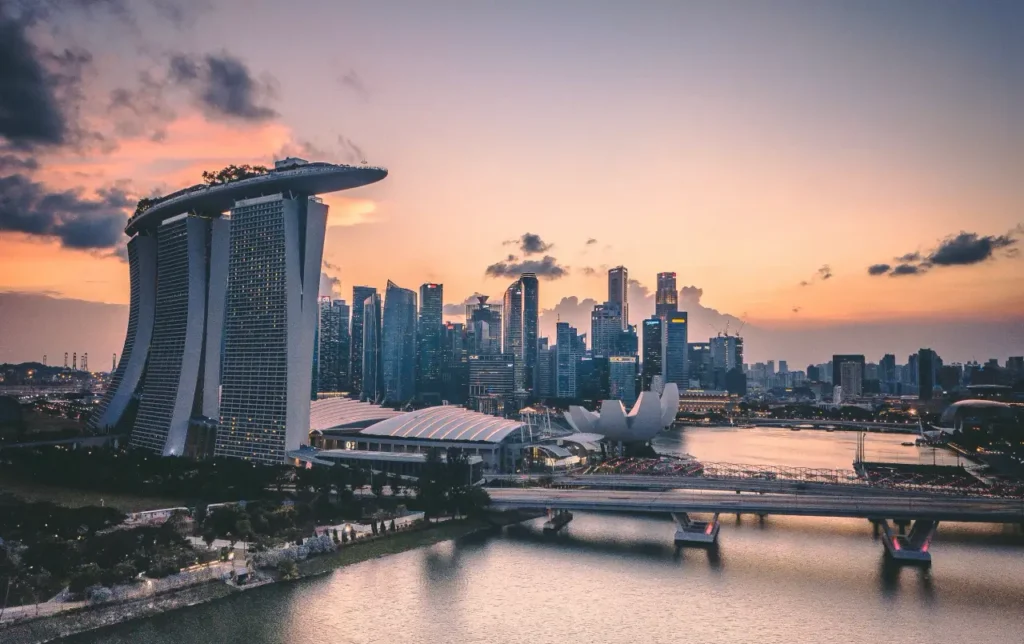
The Silent Architects of Singapore’s Gleaming Skyline: Facility Management Reimagined
The remarkable efficiency of facility management companies in Singapore often goes unnoticed, like the subtle choreography behind a perfect ballet performance—visible only when one truly knows where to look. These meticulous orchestrators of Singapore’s urban landscape operate in shadows cast by the very structures they maintain, ensuring that each building functions with the precision of a Swiss timepiece.
Beneath the Surface Brilliance
There exists an exquisite contradiction in the profession of facility management: the better the service, the less visible it becomes. The spotless lobbies, the perfectly calibrated air temperature, the lifts that arrive with whisper-quiet efficiency—these are not accidents of design but carefully maintained illusions.
“We consider ourselves successful when nobody notices our presence,” confides a veteran operations director at one of Singapore’s most distinguished facility management firms. “It’s rather like being a ghost writer for a magnificent architectural autobiography.”
This invisible excellence manifests through:
- Preventative maintenance schedules executed with clockwork precision
- Environmental systems that respond to occupancy patterns like a living organism
- Security protocols that blend seamlessly into the architectural experience
- Waste management solutions that vanish refuse as if by sorcery
- Energy conservation measures that function like a building’s conscience
The Psychological Architecture of Space
Beyond mere functionality, Singapore’s elite facility managers understand the delicate psychology of space—how the unseen affects the seen, how the imperceptible influences perception.
“A properly managed facility should create a particular emotional response,” explains a soft-spoken consultant whose firm handles some of Singapore’s most prestigious properties. “The occupants shouldn’t be able to articulate exactly why they feel comfortable, productive, or secure—they simply do.”
This emotional architecture is built upon:
- Lighting systems calibrated to human circadian rhythms
- Acoustic engineering that dampens stress-inducing frequencies
- Biophilic elements that satisfy primal connections to nature
- Temperature variations subtle enough to be felt but not noticed
- Olfactory considerations that bypass consciousness entirely
The Digital Metamorphosis
Singapore’s technological transformation has altered facility management with the same quiet force that water shapes stone over centuries. What once required clipboards and wrenches now demands algorithms and analytics platforms.
A chief technology officer, whose silver-rimmed spectacles reflect the blue glow of monitoring screens, observes: “We’ve moved from reactive to predictive, from human observation to sensor networks. The building now tells us what it needs before it knows it needs it—like a patient describing symptoms to a particularly attentive doctor.”
This digital evolution encompasses:
- AI systems that learn occupant preferences with unnerving accuracy
- Predictive maintenance algorithms that anticipate equipment failure
- Energy management platforms that adjust consumption in microsecond intervals
- Security systems that recognise patterns rather than merely recording them
- Communication networks that connect disparate building systems into a coherent whole
The Sustainability Paradox
Environmental consciousness within Singapore’s facility management sector presents a fascinating paradox—the more invisible the sustainability measures become, the more profoundly they impact the environment.
“The most significant environmental contributions often go completely unrecognised,” reflects a sustainability director whose quiet passion is evident in her methodical articulation. “The most efficient buildings don’t announce their efficiency—they simply consume less while providing more.”
This silent sustainability appears in:
- Water recycling systems that operate behind marble walls
- Energy-efficient mechanical systems concealed within architectural features
- Waste reduction programs that function without occupant awareness
- Materials selected for longevity rather than immediate impression
- Indoor air quality management that protects health without proclamation
The Human Element in a Mechanical World
Despite technological advancement, Singapore’s premier facility managers recognise that buildings ultimately serve humans, not the reverse. The most sophisticated systems still require human oversight imbued with empathy and foresight.
“Technology without humanity is merely automation,” muses a human resources director with a voice like well-worn leather. “Our technicians must understand not just how systems function, but why they matter to the people who occupy our spaces.”
This humanistic approach includes:
- Staff trained to anticipate needs rather than merely respond to requests
- Service personnel who understand the cultural nuances of diverse occupants
- Management teams that consider psychological comfort alongside physical comfort
- Communication styles tailored to different stakeholder expectations
- Conflict resolution protocols designed with emotional intelligence
The Invisible Future
As Singapore continues its relentless march toward technological sophistication, facility management will evolve in ways both dramatic and imperceptible. The integration of quantum computing, advanced materials science, and artificial intelligence will transform buildings from passive structures into responsive entities.
“The future building will respond to its occupants the way a musical instrument responds to a musician,” predicts an innovation specialist whose quiet demeanour belies his revolutionary vision. “The barrier between the structure and the occupant will become increasingly permeable.”
The most exceptional spaces in Singapore will continue to be those where excellence conceals itself—where the occupant experiences perfect comfort without understanding its source. For those seeking to maintain the delicate balance between technological advancement and human experience, selecting from among the finest facility management companies in Singapore remains perhaps the most consequential yet least visible decision in property stewardship.





